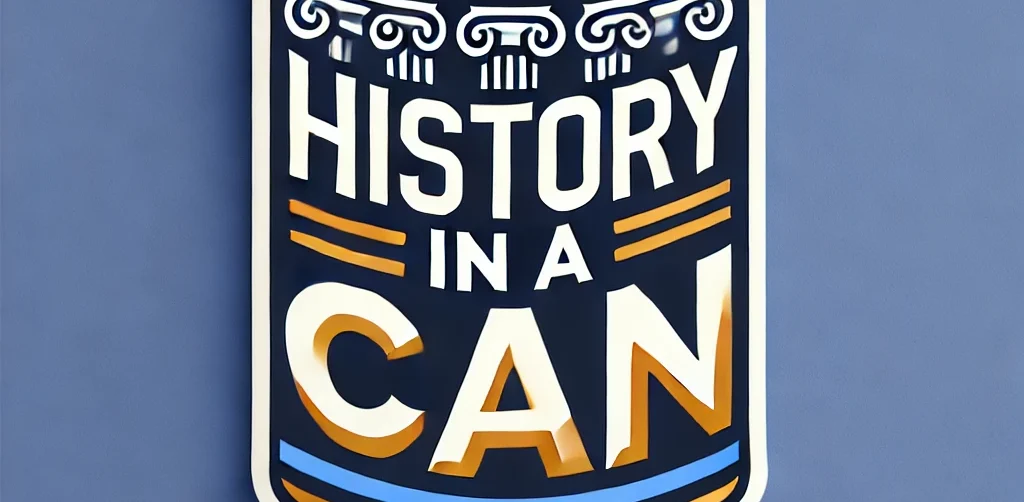Napoleon Bonaparte remains one of the most studied military leaders in history. What made him such an effective leader? It wasn’t just his tactical brilliance but a mix of rapid decision-making, deep understanding of his men, and the ability to maximize existing military systems to their fullest potential. His campaigns, strategies, and charisma are still dissected today, offering valuable lessons in leadership and strategy.
Rapid Decision-Making: Turning Chaos into Order
A perfect illustration of Napoleon’s ability to adapt and seize the initiative comes from the French 1809 campaign against the Hapsburgs. During this time, Napoleon was busy stabilizing French control in Spain, a vulnerability that the Austrian Empire exploited by declaring war on France. The situation turned chaotic with Napoleon’s absence, as Berthier, his chief of staff, struggled to manage the French forces effectively.
But when Napoleon arrived, the shift in momentum was palpable. Orders became clear, coordinated, and precise, as if a storm had suddenly become a well-oiled machine. French soldiers reportedly felt the presence of their leader before he was even announced. Confused orders transformed into clear directives, and the morale of even the most distant foot soldier surged. The campaign was tough, but under Napoleon’s leadership, the French decisively defeated Austria.
Mastering the Art of Maneuver: The French Corps System
Napoleon’s tactical genius shone through in his use of the Corps system—an organizational structure that allowed independent units of his army to operate cohesively, even when separated by distance. This flexibility enabled him to execute complex maneuvers like splitting his army to hit the enemy’s flanks or rear.
Why was this significant?
- It allowed Napoleon to create local superiority, even when facing larger armies.
- Enabled faster movement and rapid concentration of forces.
- Enhanced his ability to keep the enemy guessing, adapting to the battlefield’s changing dynamics.
This tactical proficiency is one reason why military academies still study Napoleon’s campaigns as examples of strategic brilliance.
The “Soldier’s Touch”: Charisma and Connection with His Men
Napoleon’s ability to inspire loyalty among his troops was as vital as his strategic acumen. This “soldier’s touch” enabled him to bond with his soldiers on a personal level, fostering deep respect and dedication. He knew how to balance discipline and empathy—joking with his men one moment and sternly correcting them the next.
One iconic example shows the power of his personal touch: After a victorious battle against the Austrians, Napoleon reviewed the 13th Regiment of Light Infantry, asking the colonel to identify the regiment’s bravest man. When the Colonel named a humble Drum Major, Napoleon publicly elevated him to a knight of the Légion d’Honneur, made him a Baron, and granted him a pension. This gesture, unexpected and grand, electrified the ranks. It told every soldier that heroism could be rewarded, that even the most unassuming among them could rise through merit.
This wasn’t just about rewards—it was about genuine respect. Unlike other leaders of the time, Napoleon didn’t shy away from danger and shared the hardships of his troops. To his men, he wasn’t a distant figure; he was “one of the boys,” a commander they could trust.
Not an Innovator, But a Master Integrator
It’s important to note that Napoleon did not invent many of the tools he used. He didn’t create the Corps system, nor did he introduce revolutionary new weapons or strategies. But what he did do was make all of these elements work together in a way that no one else could.
Key aspects of Napoleon’s effectiveness included:
- Strategic Use of Mobility: His armies could march rapidly, often surprising enemies with their speed. This was partly due to the French army’s ability to operate with minimal supply lines, making them more agile.
- Superior Coordination: Napoleon’s orders were clear and synchronized, allowing different parts of his army to act as one cohesive unit, even when operating miles apart.
- Calculated Risk-Taking: He was not afraid to make bold decisions if he believed the reward was worth it, a trait that kept his opponents on the back foot.
His genius lay in applying these principles more effectively than anyone else of his time, turning the ordinary into the extraordinary through sheer mastery of execution.
The Magic of Napoleon’s Presence
Napoleon’s reputation extended beyond his own troops—his very name struck fear or awe into the hearts of his adversaries. A Russian officer once remarked, “Anyone who was not alive in the time of Napoleon cannot imagine the extent of the moral ascendancy he exerted over the minds of his contemporaries.” Even enemies like German soldiers felt a sense of confidence in his abilities, acknowledging him as the greatest of generals despite fighting on the opposing side.
Napoleon’s aura was not just about his battlefield prowess; it was a blend of charisma, confidence, and an almost mystical presence that could rally troops and intimidate enemies. The legend of Napoleon was powerful enough to inspire loyalty even after his most devastating defeats, including the infamous retreat from Russia and his final stand at Waterloo.
A Legacy Beyond Innovation
Napoleon’s genius wasn’t in invention but in optimization. He took the best military practices of his time and employed them with precision and flair. His speed of thought and action, his personal connection with his men, and his ability to create order from chaos are why he remains a subject of study in military academies across the world.
In summary, Napoleon’s greatness lay not in being a trailblazer but in his ability to turn existing strategies and systems into tools of dominance. He was a leader who moved faster, inspired deeper, and struck harder than his enemies—qualities that made him a legend, even in defeat.
